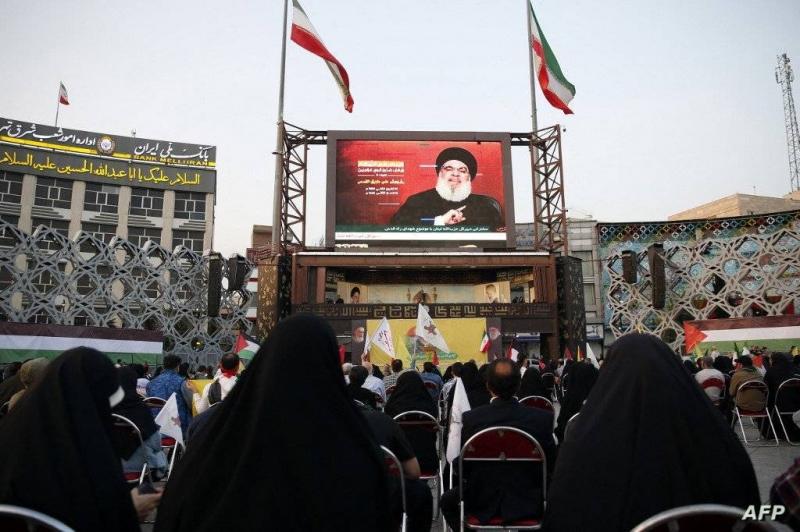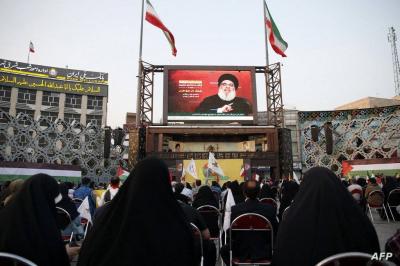The Secretary-General of Hezbollah, Sayyed Hassan Nasrallah, will appear next Saturday in a speech for Martyrs' Day, marking his second address in a few days. In his last speech, he did not fully announce engagement in the war but confirmed that the party's decision in this regard is linked to two factors: the course of the military operation in Gaza and the Israeli army's actions towards Lebanon, also establishing the principle of "civilian for civilian."
Will the party be satisfied with this response, or could Nasrallah's speech next Saturday carry escalatory steps in the field similar to what happened in 2006 when he addressed the world saying, "Look to the sea where the Israeli naval vessel is burning..."? According to monitoring political sources, it seems that the southern suburb will not just be limited to shelling Kiryat Shmona, as the number of casualties from this attack does not seem proportionate to the number of martyrs in Ainata - Aitaroun. This was indicated by what the party's deputy, Ali Fayyad, said during the funeral of the three girls and their grandmother, stating that the resistance will not tolerate any aggression targeting civilians and will respond in kind.
In the sources' opinion, the party might carry out some operation in the occupied territories in the coming days or during or after Nasrallah's speech, in revenge for the martyred women, especially since such an action would reestablish the party after it disappointed those among its audience who were betting on actual escalation to be carried by Nasrallah's recent speech after all the prior propaganda. The potential response could be "strong" or "demonstrative" in nature but need not lead to "war."
However, according to the sources, international pressures and warnings against uncalculated steps continue to unfold, the latest being carried by the American envoy Amos Hochstein to Beirut in recent hours. This factor may keep matters contained under their current ceiling, the sources conclude.
Journalist and political analyst Ghassan Jawad confirmed in a special interview with "Waradana" that the anticipated speech will not deviate from the general framework established by Sayyed in his speech last week, which is to adhere to a policy of distracting the enemy to ease the pressure on Gaza while responding to any aggression targeting Lebanese territory. Jawad emphasized that the unity of the arenas requires armies, not armed factions, which is unlikely today given the prevailing policy of hesitance in the region.




